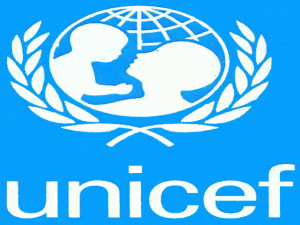He said policies need to be put in place to prevent children from dying as malnutrition is beyond poverty and educational status, with more emphasis on the enlightenment of mothers. “Over 1.6 million Nigerian children are suffering from acute malnutrition and this means that the children are nine times likely to die than normal children and if nothing is done about it, we will likely loose 300,000 of these children.” “So what it means also is that we need to get the interventions right, and we need to treat them because they need attention. UNICEF has been working with the government in providing ready to use therapeutic foods and this is very important for the children so that they can be treated of severe malnutrition.”
“Nigeria is trying but still has a long way to go because we still have a standing rate of about 30% -47% in acute malnutrition which is still quite high compared to other countries. This calls for more efforts. “If you look at breast feeding which is important for the survival of the child in the first six months, we still have it at low rate especially in the north. Most of the states have less than 10% in breast feeding rate and it’s not good for the children because it is their first food.” “Nigeria knows what the problems and solutions are; we just need to come together because nutrition goes beyond poverty and even beyond educational status. In rich homes, there are still presentations of malnutrition. It also has to do with how it is been tackled, using the multi- sectoral approach.”
Source: Leadership Online

 It is feared that Nigeria stands to loose a total number of 300,000 children within the ages of 0-5 years to acute malnutrition in 2016 if drastic measures are not swiftly put in place to tackle the menace.
It is feared that Nigeria stands to loose a total number of 300,000 children within the ages of 0-5 years to acute malnutrition in 2016 if drastic measures are not swiftly put in place to tackle the menace. 




